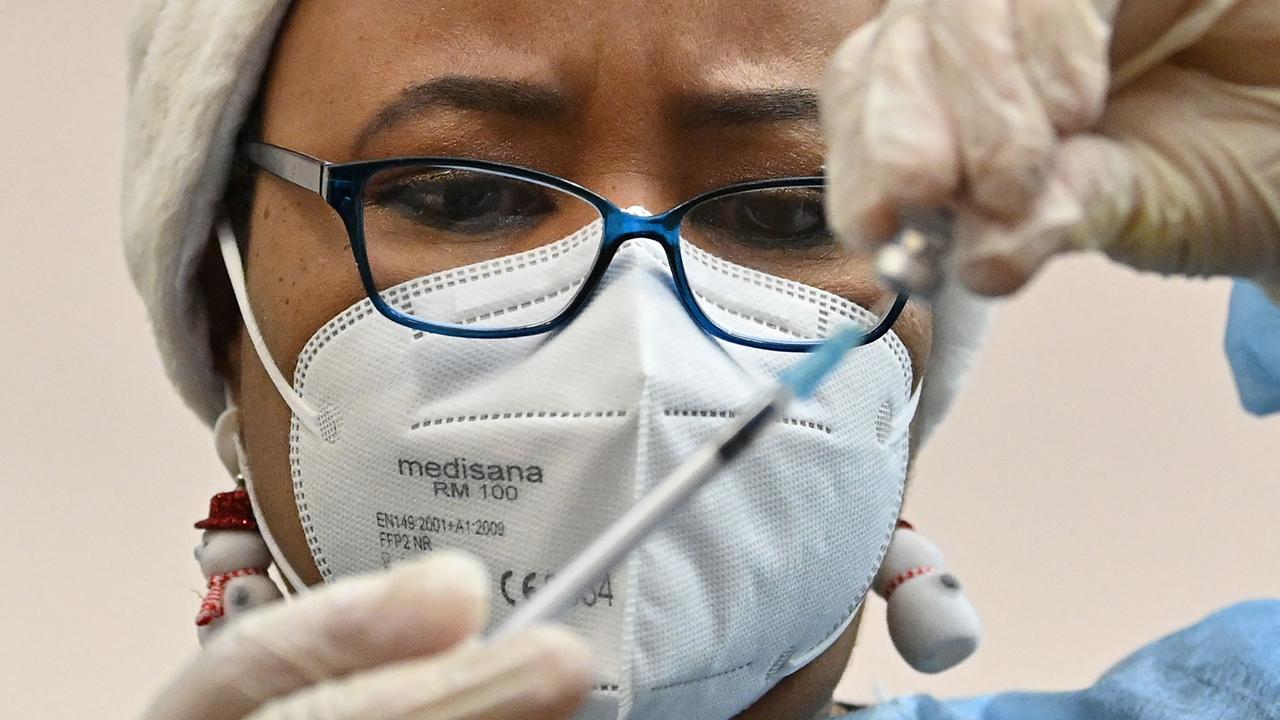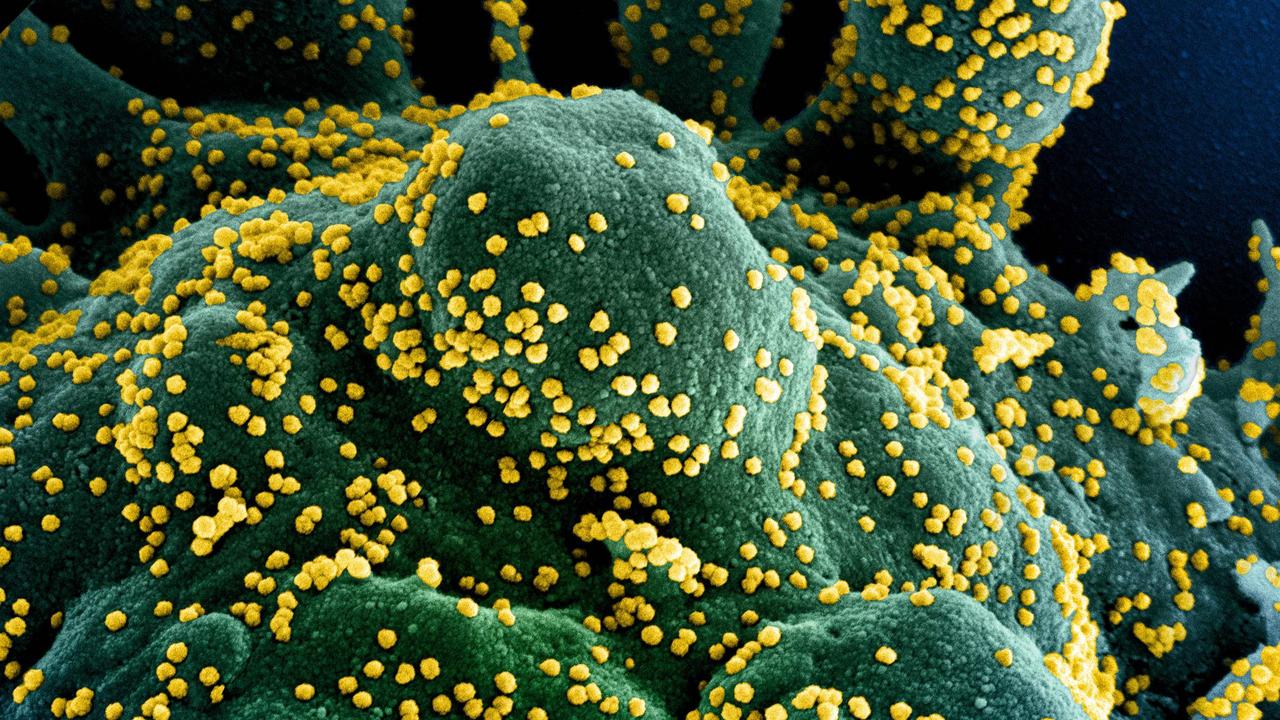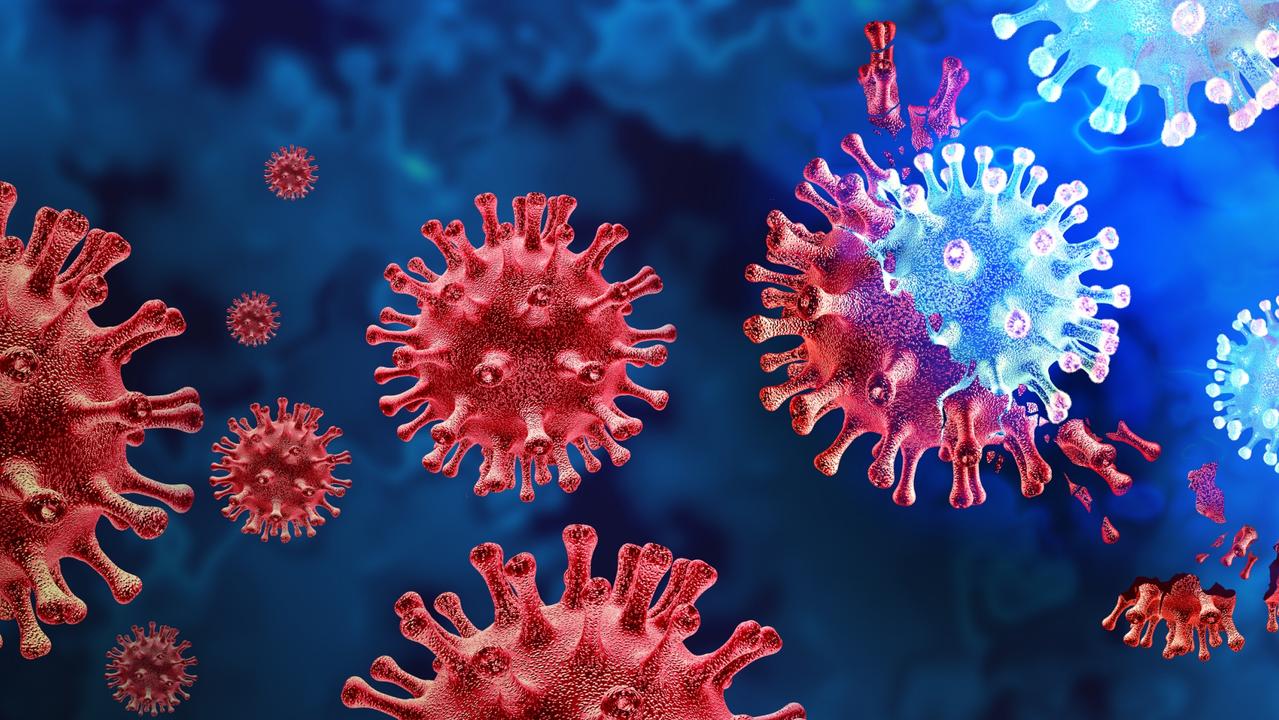New study reveals what mild Covid really does to your brain
A new Oxford University-led study has shown even mild Covid reduces the size of your brain, creating widespread damage.
People who have suffered mild Covid-19 are likely to have “significant” long-term effects on their brains, a new peer-reviewed study has found.
Parts of the brain that affect memory, smell and emotion were more likely to display evidence of tissue damage, and patients also displayed an average reduction in the size of their entire brain.
The study, led by researchers from the University of Oxford, compared brain scans from 401 people aged 51-81, before and after mostly mild Covid infections.
Of those, only 15 people had been hospitalised over their infection. 384 people without Covid were also tested as a comparison.
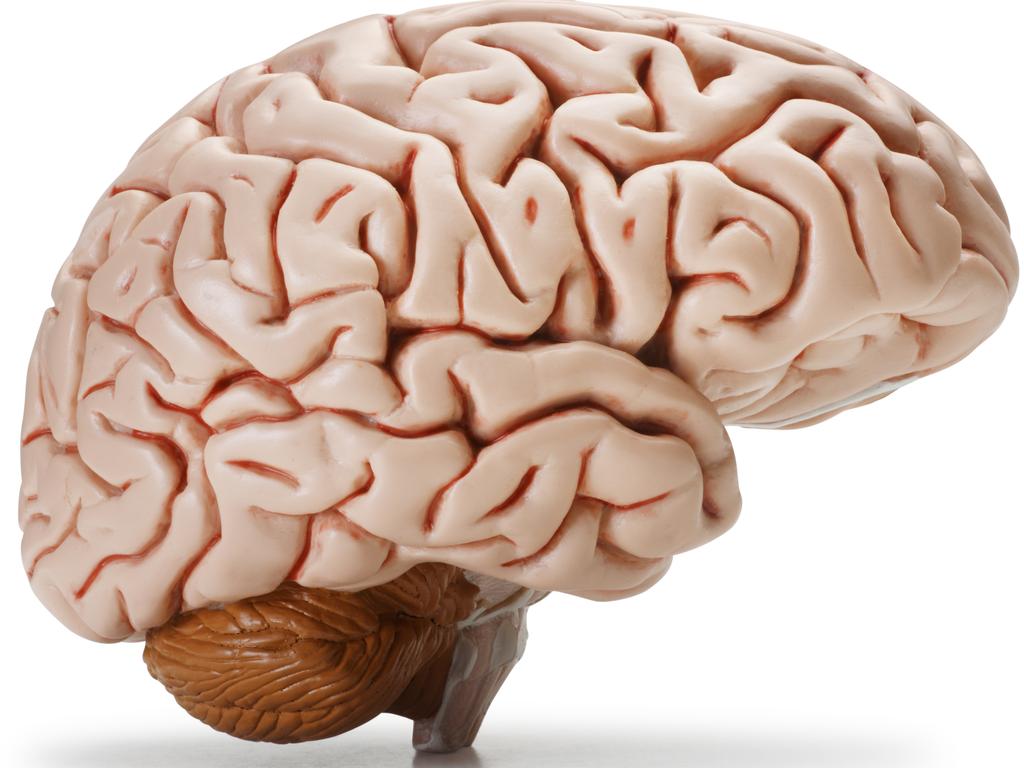
Following the infected patients’ second brain scans, the researchers found grey matter reduction and tissue damage in the parahippocampal gyrus and the orbitofrontal cortex, the areas of the brain responsible for smell and memory.
The patients were also asked questions in standard cognitive tests, with those who had caught Covid taking longer to answer. This could potentially explain the brain fog people feel after catching the disease.
Even when those who had been hospitalised for Covid were excluded from the results, the effects were still seen, suggesting even a mild illness could have consequences for brain health.
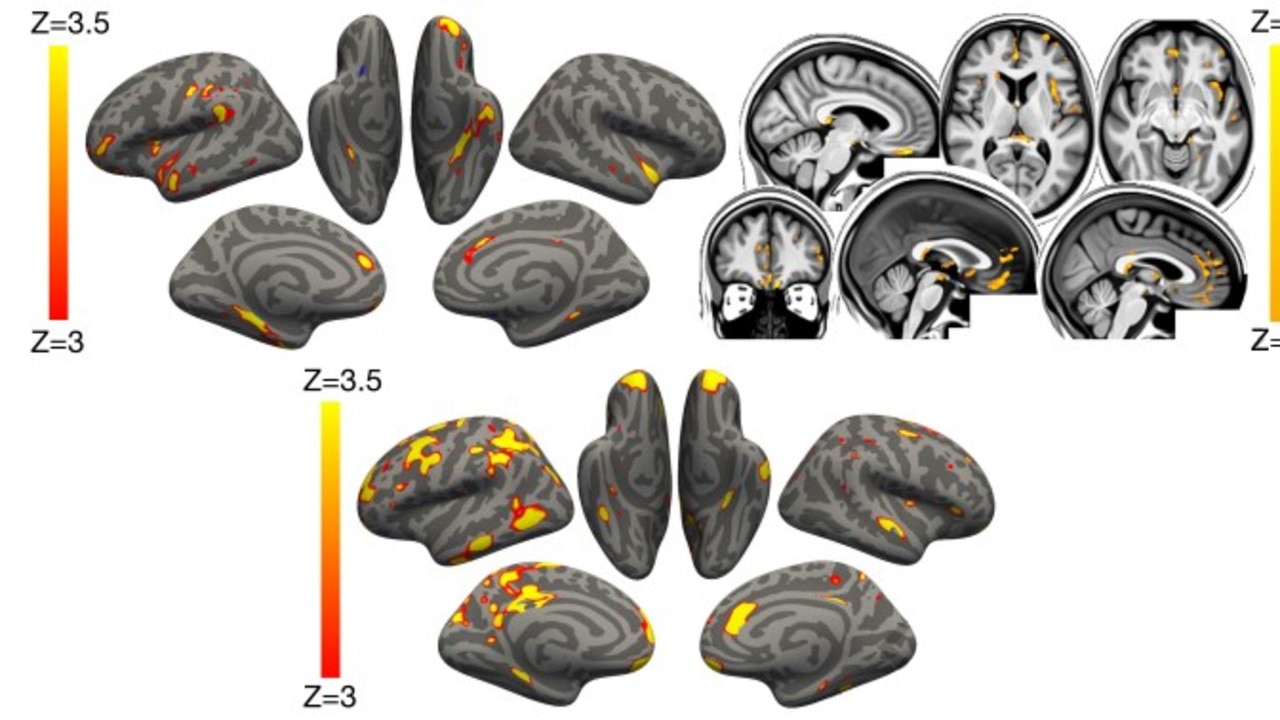
The findings indicate Covid causes this degeneration by spreading through the body’s smelling pathways or through inflammation of the nervous system.
Director of the Melbourne Dementia research Centre, Professor Ashley Bush said that the brain changes seen in the study are similar to those seen in Alzheimer’s and Parkinson’s disease.
“The cognitive losses appear to be similar to accelerated ageing,” she said.
“These are troubling findings, which indicate that the brain is not spared damage in Covid-19 and (patients) could be at risk of dementia with time.”
Professor Bush told news.com.au that as the study only measured patients over three years, more research was needed to determine long-term effects.
“We’re seeing that the older the person, the bigger the damage, meaning that this is particularly a problem for that age demographic with a heightened risk of dementia.”
While previous studies had been done on patients hospitalised with severe cases of the disease, this is the first study on the effects of mild Covid on the brain using pre-infection data.
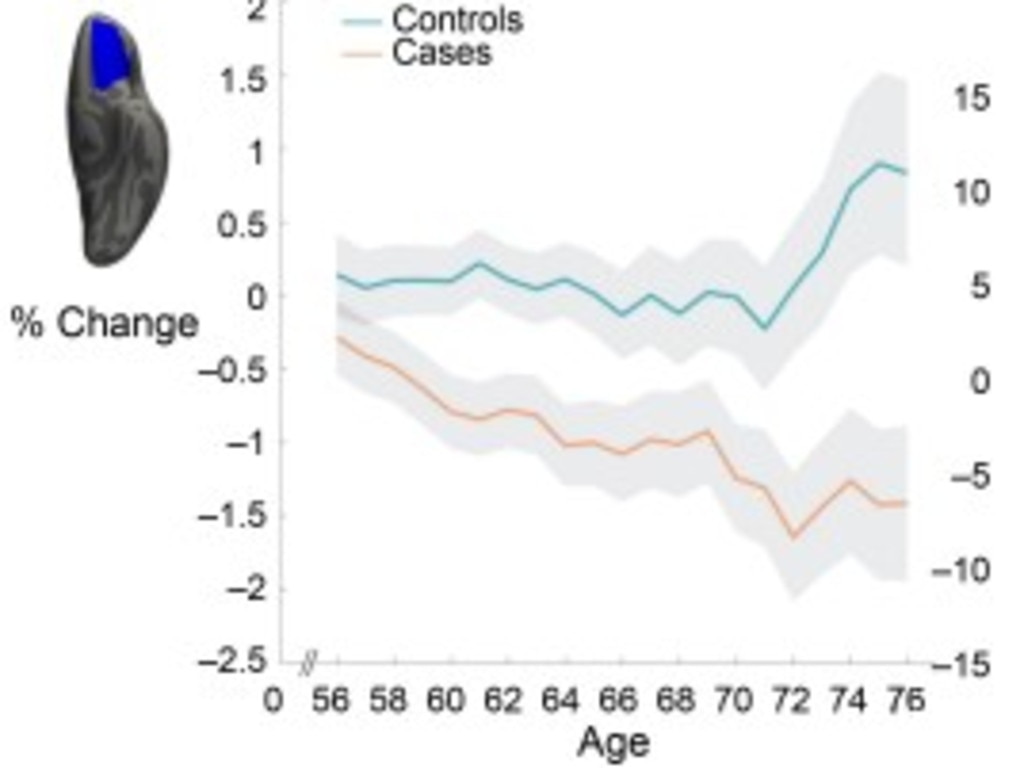
Although many people and governments around the world have advocated for herd immunity in the past, the results of the study suggest avoiding viral infection altogether by being vaccinated may be better for your brain.
Despite the bad news, some experts have urged Australians not to worry. Research fellow at the Perron Institute for Neurological and Translational science at Curtin University, Dr Sarah Hellewell argued more studies needed to be done to understand the extent of brain degeneration over time.
“People need not panic if they have had Covid-19. The brain changes observed were relatively small on a group level, so not everyone had the same effects. More research is needed to know whether these changes remain, reverse or get worse over time, and whether there are treatments which could help.”



